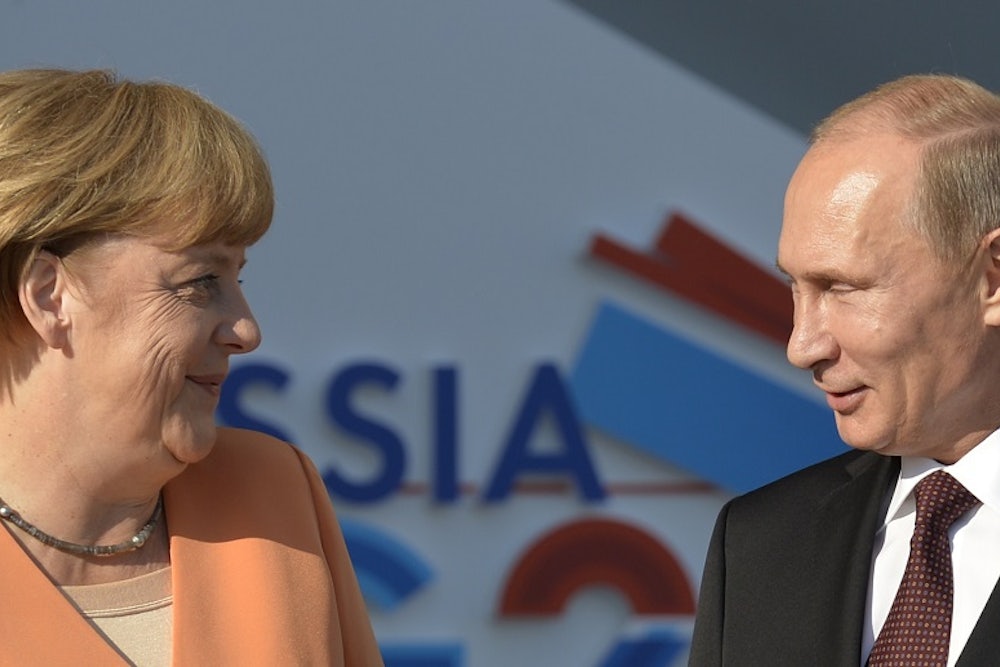As tensions in Ukraine continue to rise, the international community is looking at ways to respond to Russian President Vladimir Putin’s invasion of Crimea. On the Sunday shows yesterday, U.S. Secretary of State John Kerry warned of potential asset freezes, travel restrictions and even economic sanctions if Russia did not pull back its armed forces. The G7 countries (United States, Britain, Canada, France, Germany, Italy and Japan) have cancelled their preparations for the G-8 summit in Sochi, Russia, later this year. They are also considering cancelling the summit or even kicking Russia out of the G8 altogether.
President Barack Obama is working with leaders of other Western nations to coordinate their response, but the United States has shown a greater willingness than many European nations to push back against Moscow in the last few days, although their options are still limited. For instance, Kerry’s comments were more pointed than those delivered by German Chancellor Angela Merkel on Sunday. She continued to push to find a diplomatic solution, while saying that Putin was “in another world” during her call with him.
According to the Wall Street Journal, Phillip Missfelder, a senior member of the German legislative body, said, “Economic sanctions against Russia would damage Germany itself. Sanctions are always bad for Germany as an export-driven nation.” He later added that they “are currently not an option.” German Foreign Minister Frank-Walter Steinmeier also said on Sunday that the G7 countries should not kick Russia out of the G8, as the U.S. has threatened.
So, why is Germany so set on finding a diplomatic solution and wary of even threatening Russia with economic sanctions or kicking Moscow out of the G8? It all comes down to Berlin’s reliance on Russian gas and oil.
From the International Energy Agency, here is the breakdown of Germany’s oil imports by country of origin:

And here are is the same chart for their natural gas imports:

That’s all you need to know for why Germany is treading so carefully with their threats. Merkel is worried that Putin will cut off exports to the European Union. If that were to happen, it would cut off a huge energy source for Germany, and the rest of Europe, and cause gas prices to skyrocket. The United States would not be immune from higher gas prices, but European nations, particularly those like Germany that are highly reliant upon Russia’s energy exports, could also face shortages that upend their markets. Germany is looking to avoid that at all costs.
Germany’s position is particularly important because of their outsized influence in the European Union. Over the past few years, we have seen how Germany often dictated monetary policy set by the European Central Bank. Despite the supposed equal say that all member nations are supposed to have, the ECB has often sided against the majority of countries in favor of looser policy and with the inflation hawks at the Bundesbank. The same dynamic exists as the E.U. formulates their response to Moscow, although most Eurozone nations will support Merkel's unwillingness to respond in a way that could provoke Russia to cut off its energy exports. If Germany does not want to threaten economic sanctions, don’t expect the E.U. to do so.
